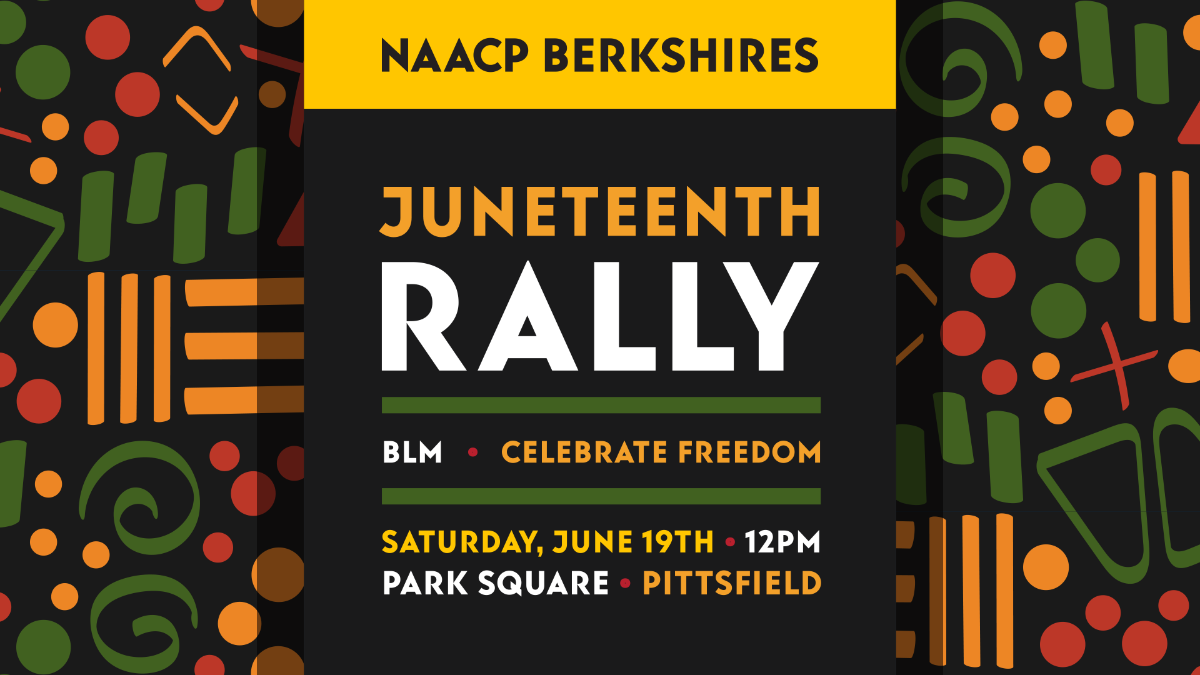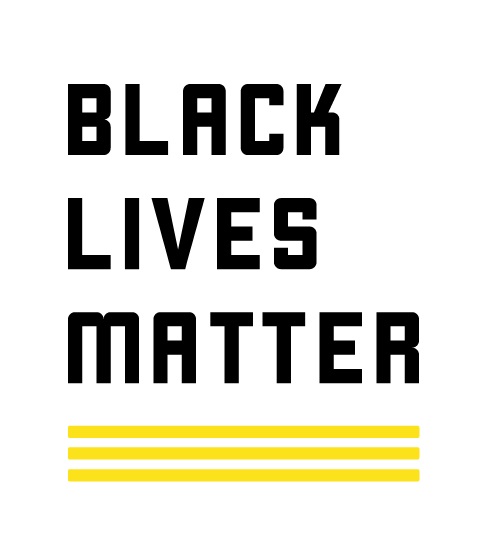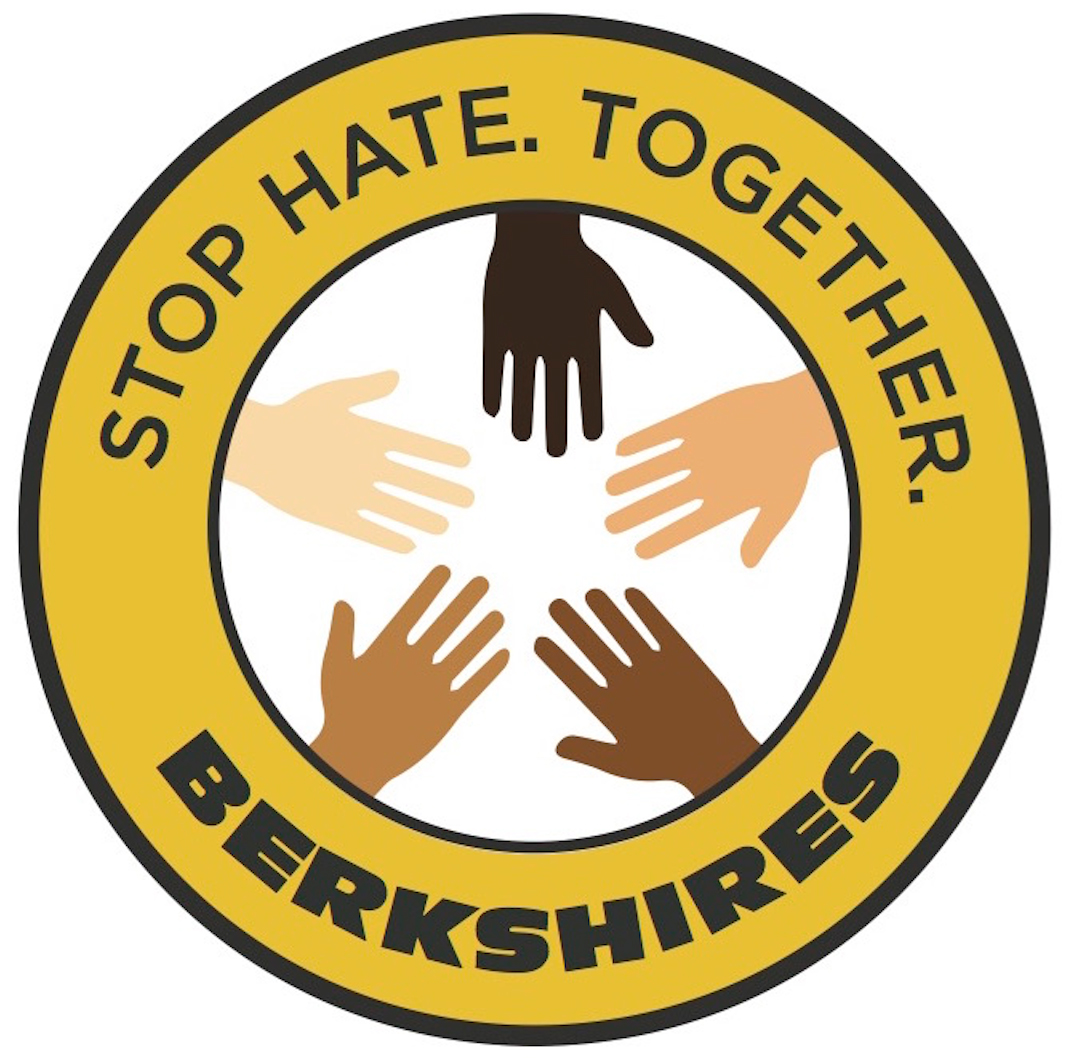Black-eyed peas. Red velvet cake. Strawberry soda. If you’re still following, then you already know what I’m talking about. That is to say — you understand without translation; there is no need for me to code switch. And that is very much the point.
In 2021, the Black vernacular has gone mainstream — corporate, even. “Bling bling” was in a Barbie commercial; “On fleek” is in the dictionary; Tiktok has all your kids saying “sheeeeeee.” Yet, value is placed on culture derived from the Black experience — not the people themselves. White privilege “rediscovers” what Blackness has already created, and is celebrated for translating Black joy — for performing Blackness. This is not new. This is a long standing tradition of white voyeurism into Black culture.
Still, until very recently, celebrating actual Blackness wasn’t seen as profitable — not in a way where corporations like Nike and Google took public stands (albeit in exchange for proximity to Blackness ergo social currency). But as this trend shifts, and more and more predominately white institutions recognize the value of being non-Black while still being proximate to Blackness, assimilation threatens to further corrupt Black joy by satirizing Black culture.
Let me be clear: white-led organizations will never lead Black folk to liberation. Allyship begins at the bank. But Black spaces must be negotiated by Black folk. Any attempt to the contrary can only be interpreted as a ploy to garner social currency… Separating the two has allowed Blackness to be repackaged, as say Elvis or Miley Cyrus, before it is assimilated into American culture and monetized.
…which brings us back to black-eyed peas, red velvet cake, and strawberry soda. Now, if you weren’t already aware, those words joined together are as Black as jumping over the broom. And the holiday with which they are associated is, in the vernacular: for us, by us.
Happy Juneteenth,
Dennis L. Powell
President
|


